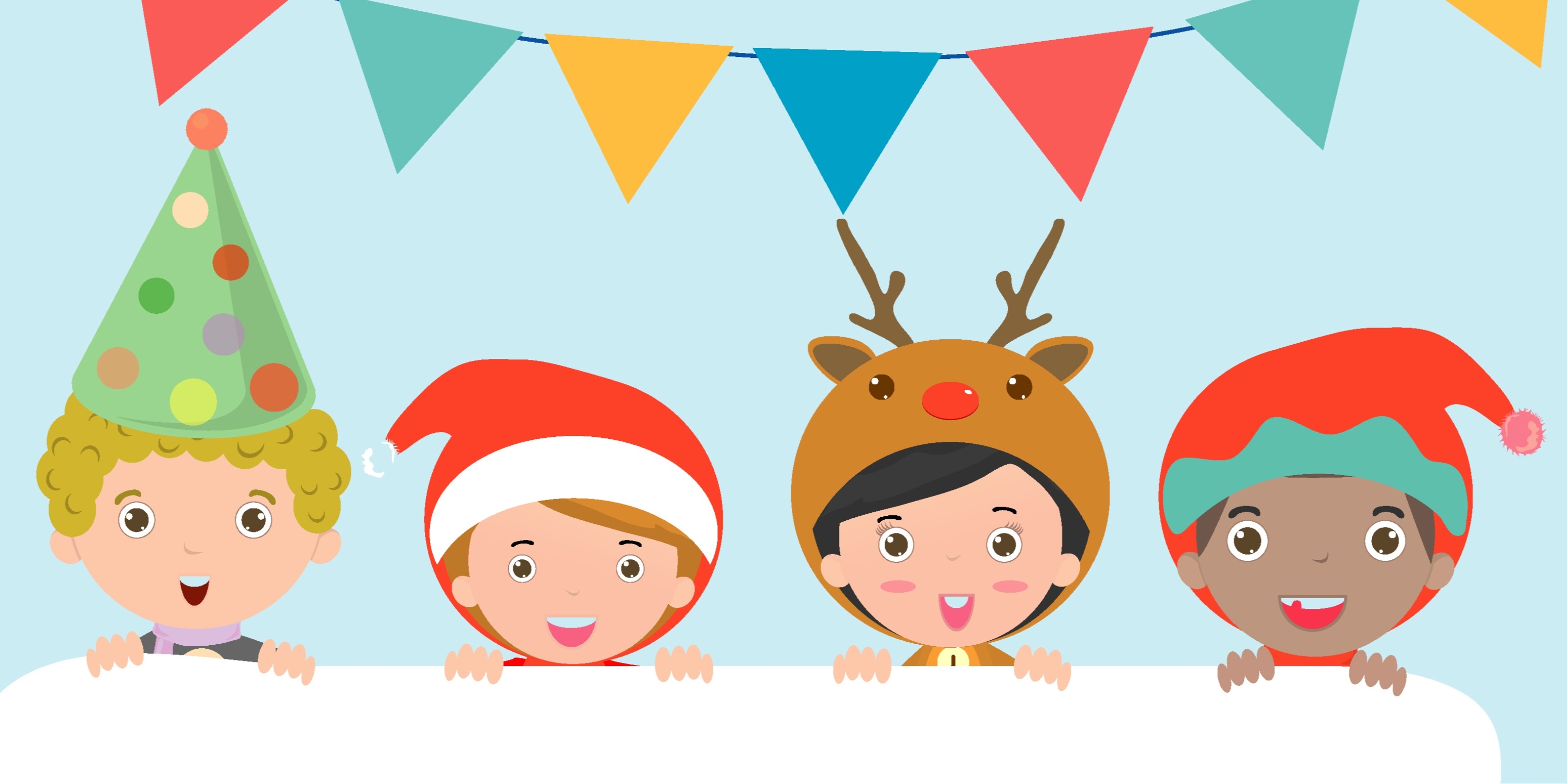Holiday Opportunities to Build Speech and Language Skills
By Diane Paul, PhD, CCC-SLP

Holiday Opportunities to Build Speech and Language Skills
Fostering Children's Language Development During the Holidays
Holidays are special times for being with friends and family, eating favorite foods, and thinking about what matters the most. They also provide lots of opportunities for young children to grow their speech and language skills.
Across religions and cultures, every holiday provides a set of vocabulary words for young language learners to explore. They also are an ideal time for reading books together and sharing stories—stories about family traditions, current and past holiday celebrations, and people who enhance each child’s life.
Families may be gathering in person for the first time after a long break due to the COVID-19 pandemic. In fact, some young children have never experienced traditional gatherings typical to many families. Here are some tips to help you create language-rich holiday experiences and stories with your child:
Learning New Vocabulary
-
Define words associated with the holiday. Talk together about the new word; then ask your child to use it in a sentence or conversation. Select holiday vocabulary words based on your child’s age and interests.
-
Create different sensory experiences for new words. Use pictures, objects to touch, and holiday foods to smell and taste. Are latkes crunchy? Is the Christmas tree spiky? Are the candles in the Kinara bright?
-
Select words from your own religion and culture. You can also talk about words used for different religions and cultures. Compare ways the holidays are the same or different.
Having Conversations
-
Talk about plans for the holiday. Explain what you are doing to get ready for a holiday and family members you will see. Encourage your child to take turns talking, add new information, start a new topic, or end a conversation. You can do this in the house, but also in the supermarket when buying ingredients for holiday meals, in the car on the way to a holiday gathering, or outside when looking at decorations.
-
Prepare and practice talking with other family members. Plan some questions and topics your child can use with relatives and friends they don’t see often. Ask them some questions they might be asked in advance and brainstorm different ways to answer them.
-
Help your child create their own holiday stories using written words and drawings. This could be after the holiday is over (based on what they did) or made up using their own imagination. You can help them organize their thoughts and share information. Suggest topics such as favorite holiday decoration, food, or activity.
Telling Stories
-
Read books together about different holidays. Talk together about what you are reading. There are many age-appropriate books that explain different holidays, and ways that different cultures and religions observe them. Read holiday books in different languages if you and your child speak more than one language.
-
Tell stories about your own family traditions. Ask your child to tell a story about a holiday memory. Use questions to help your child tell a story with a beginning, middle, and end. Ask different family members to share their traditions and favorite holiday times.
-
Watch holiday movies together. Talk about the people in the movie and what they are doing. How does it compare to how you celebrate the holiday? Which characters did they like the most? What was their favorite part?
Sharing Holiday Experiences
-
Cooking and baking are great times for language learning. Talk about the recipe and the steps when you cook and bake. Talk about favorite family foods (do different family members like different foods and why)?
-
Play games and sing songs together. Talk about the game rules. Talk about the rhymes in songs.
-
Make and shop for gifts together. Talk about what gifts they think family and friends would like. How does it compare to gifts they like? Talk about words to use if your child gets a gift they don’t like.
These language tips can make holiday times even more special. Your child can learn more about their own holidays and learn about the holidays that other people celebrate.
Want more tips about how to help encourage toddlers’ speech and language skills? Text TALK to 274 448 for information from Bright by Text and the American Speech-Language-Hearing Association (ASHA).
Diane Paul, PhD, CCC-SLP is Director, Clinical Issues in Speech-language Pathology, for ASHA. Tips modified from a December 2, 2021, ASHA Leader Live blog post.

Sign up now to receive FREE text tips - Based on your child's EXACT AGE right now!